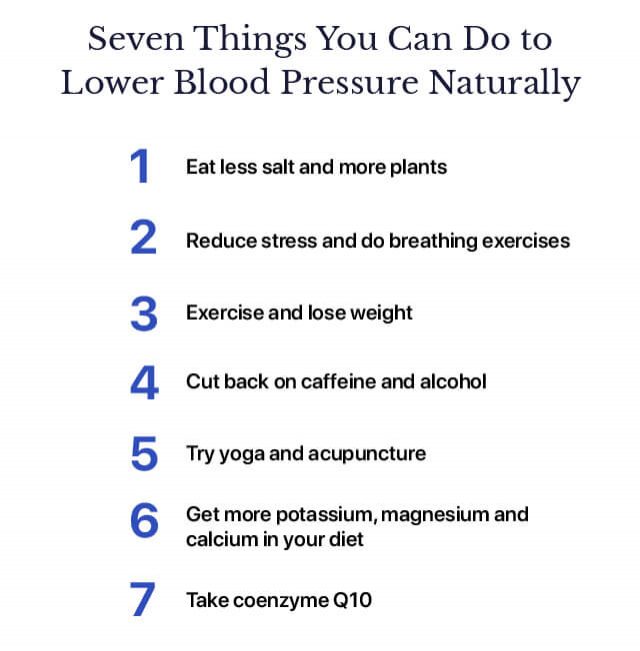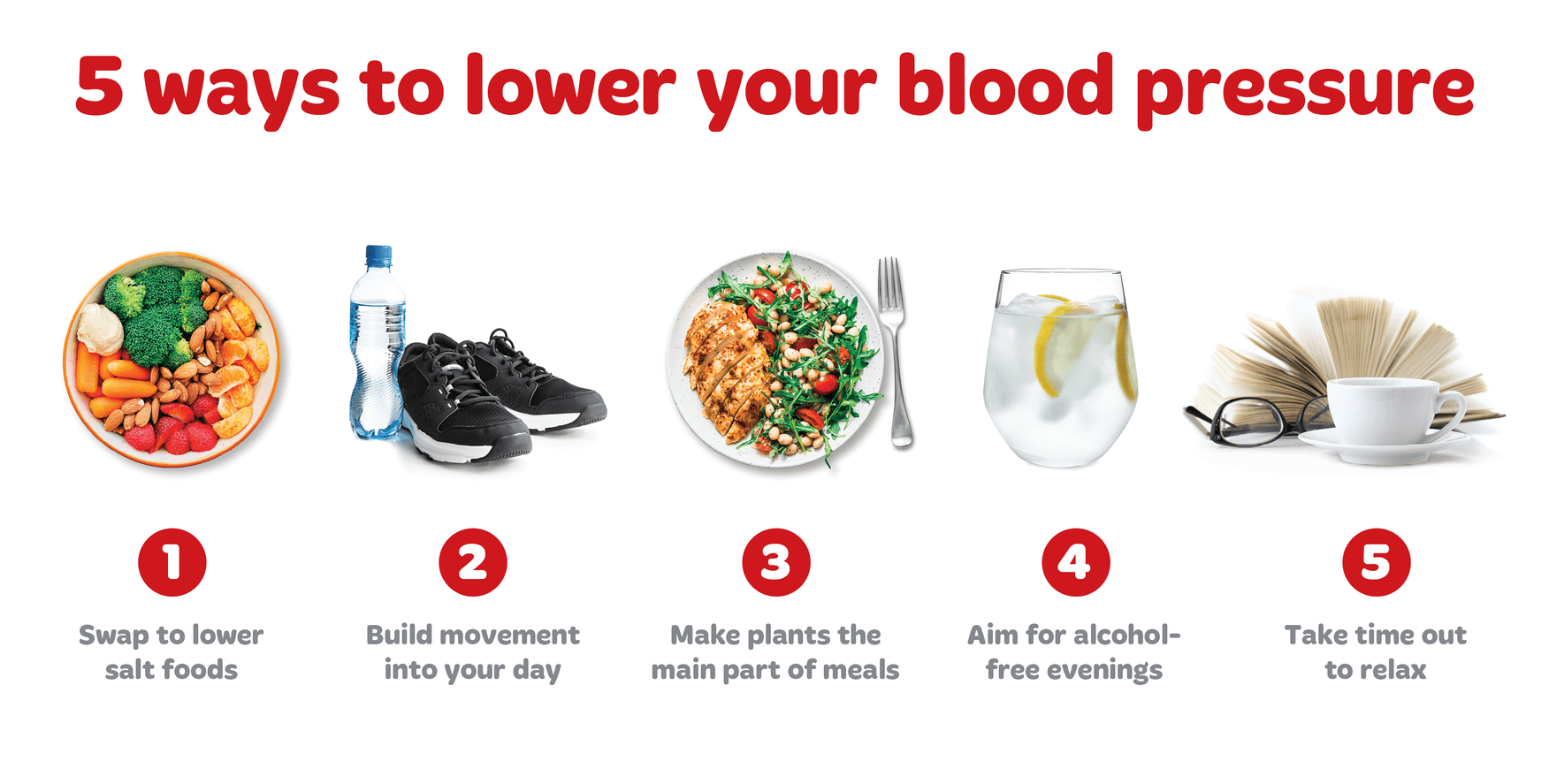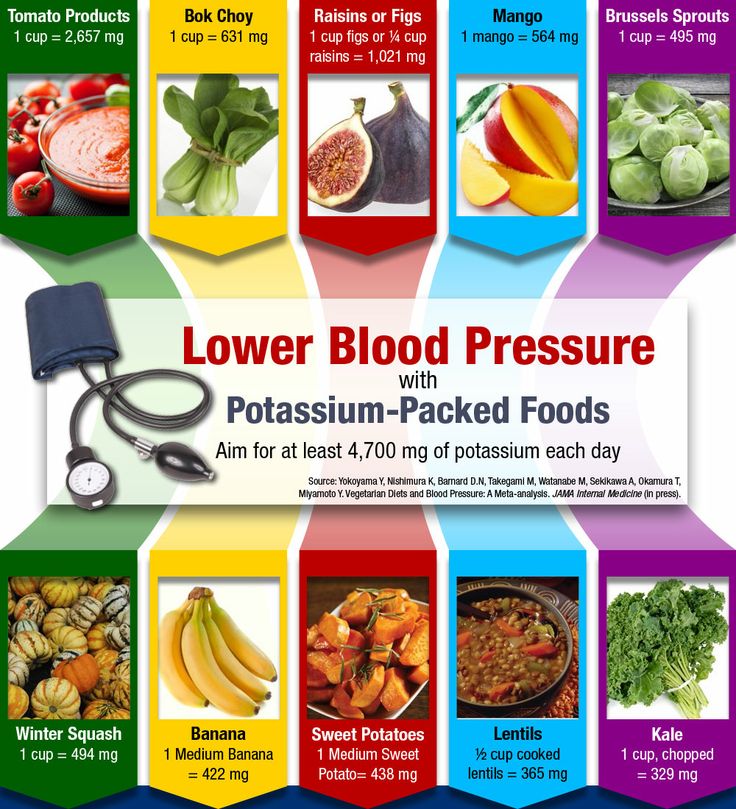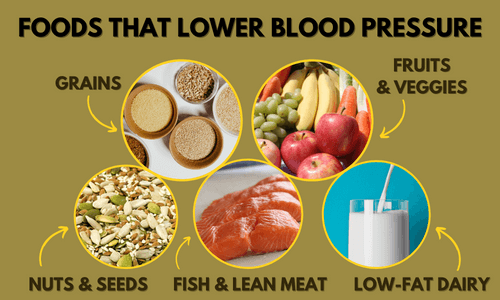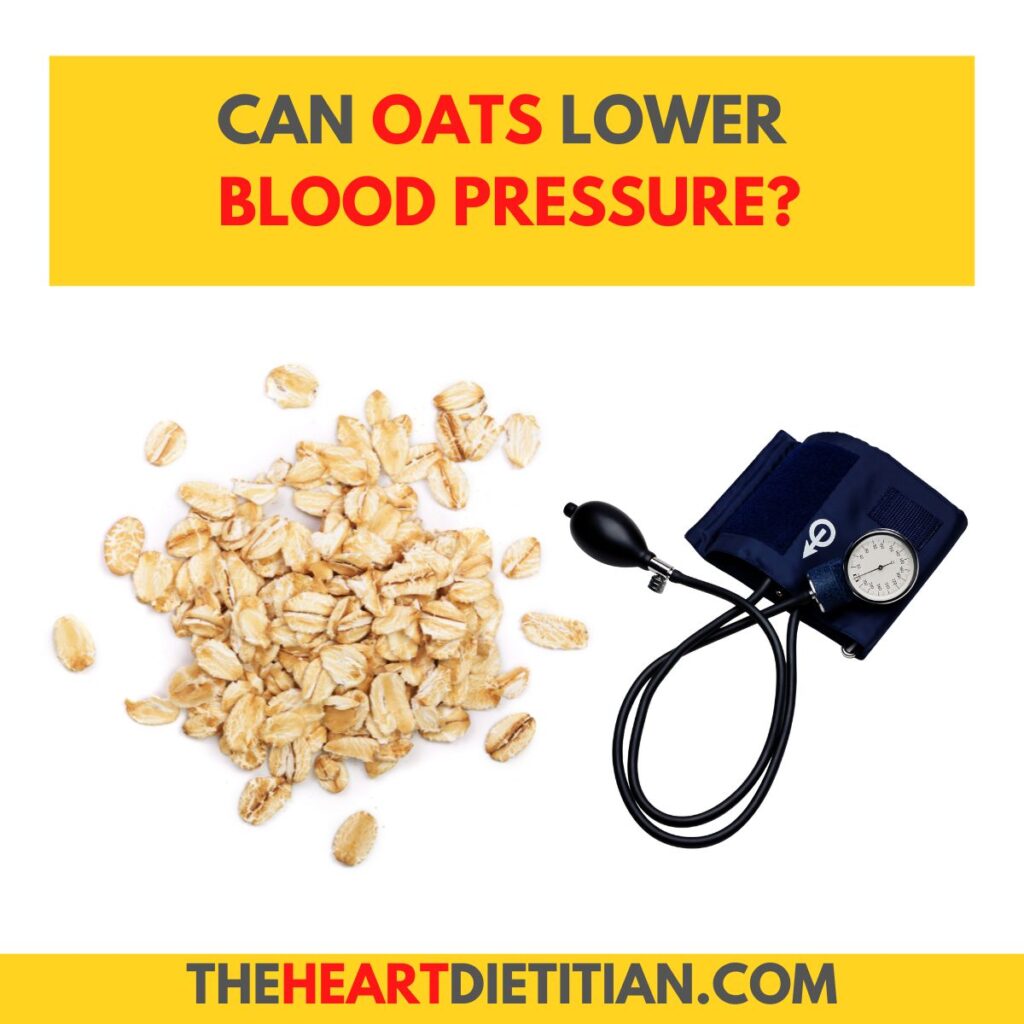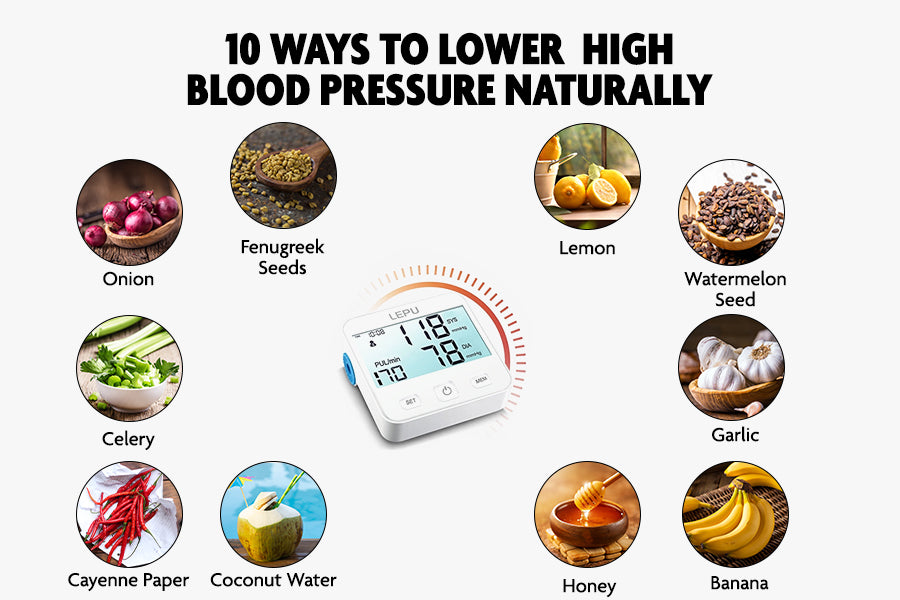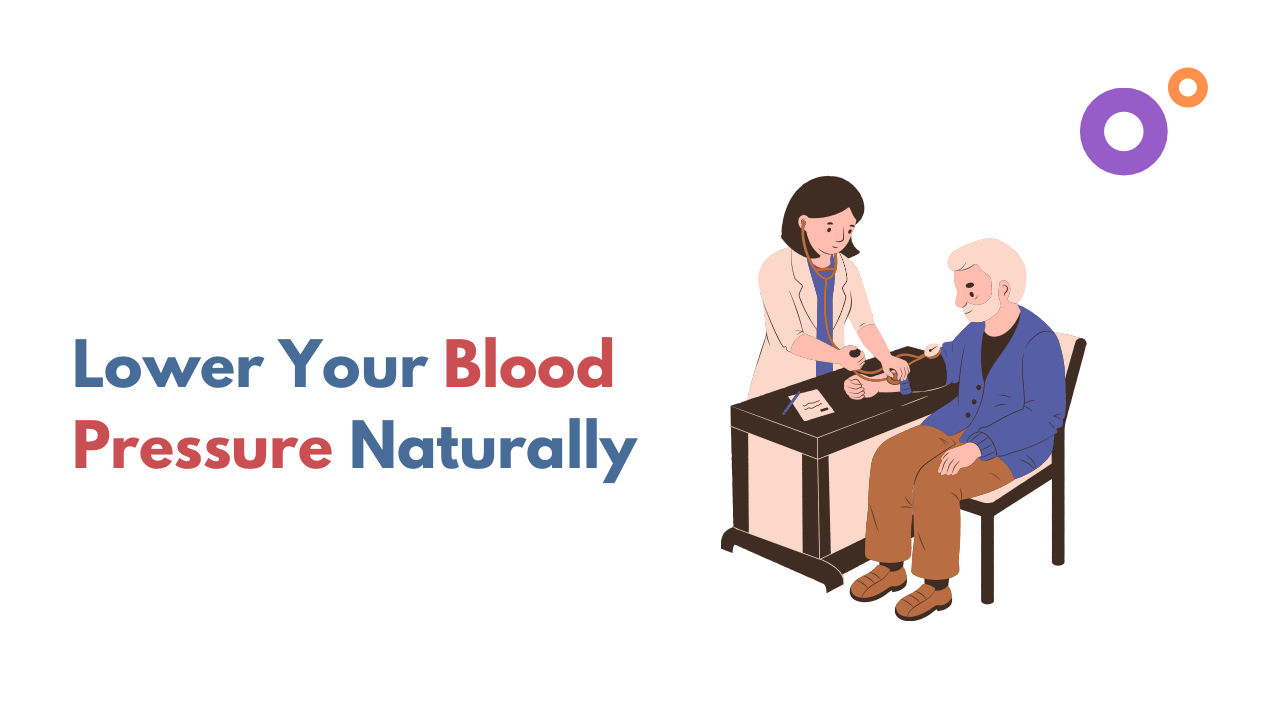Can Delta 8 Lower Blood Pressure

The search for alternative treatments for high blood pressure, or hypertension, affects millions globally. As interest in cannabis-derived compounds grows, a question emerges: Can delta 8 THC offer relief? This inquiry carries weight, as hypertension is a leading risk factor for heart disease and stroke, demanding careful examination of any potential remedy.
This article delves into the purported connection between delta 8 THC and blood pressure. It aims to unpack the current scientific understanding, weigh anecdotal claims against empirical evidence, and explore the potential risks and benefits associated with using this compound for managing hypertension. This exploration necessitates a rigorous approach, acknowledging the limited research and potential for interactions with existing medications.
What is Delta 8 THC?
Delta 8 tetrahydrocannabinol (THC) is a psychoactive cannabinoid found in the cannabis plant. It is an isomer of the more well-known delta 9 THC, the primary psychoactive component of marijuana. Unlike delta 9 THC, delta 8 is typically present in smaller quantities in cannabis, often requiring specialized extraction and conversion processes to produce commercially viable amounts.
Due to its structural similarity to delta 9 THC, delta 8 binds to the same CB1 receptors in the endocannabinoid system, primarily located in the brain and nervous system. This interaction leads to psychoactive effects, albeit generally reported to be milder than those of delta 9 THC. The legal status of delta 8 remains complex and varies depending on state and federal regulations.
The Potential Link to Blood Pressure
The connection between delta 8 THC and blood pressure is not fully understood and requires further research. Some proponents suggest that delta 8 may lower blood pressure through its interaction with the endocannabinoid system. This system plays a crucial role in regulating various physiological processes, including cardiovascular function.
However, current scientific evidence is limited and often contradictory. Animal studies have shown mixed results, with some indicating potential hypotensive (blood pressure lowering) effects, while others suggest no significant impact or even a potential increase in blood pressure. These conflicting findings emphasize the need for carefully designed human trials to assess the true impact of delta 8 on blood pressure.
Examining the Limited Research
The scarcity of research specifically focused on delta 8 THC and blood pressure is a major challenge. Most studies investigating the cardiovascular effects of cannabis have focused on delta 9 THC or CBD, another prominent cannabinoid. Extrapolating these findings to delta 8 requires caution, given the subtle but potentially significant differences in their pharmacological profiles.
A small number of anecdotal reports suggest that some individuals experience a decrease in blood pressure after consuming delta 8. However, these reports lack the rigor of controlled clinical trials and are susceptible to bias. Furthermore, individual responses to cannabinoids can vary widely based on factors like dosage, tolerance, and individual physiology.
Potential Risks and Considerations
Despite any potential benefits, the use of delta 8 THC comes with potential risks. These risks are amplified for individuals with pre-existing cardiovascular conditions, including hypertension. Side effects of delta 8 can include anxiety, paranoia, dizziness, and changes in heart rate, which could be detrimental to individuals with high blood pressure.
Furthermore, delta 8 THC can interact with other medications, including blood pressure medications, potentially altering their effectiveness or increasing the risk of adverse effects. Individuals taking prescription medications should consult with their healthcare provider before using delta 8. The lack of regulation in the delta 8 market also raises concerns about product quality and safety.
Expert Opinions and Perspectives
Medical professionals generally advise caution regarding the use of delta 8 THC for managing hypertension.
"Until more robust scientific evidence is available, recommending delta 8 for blood pressure management is premature and potentially unsafe,"cautions Dr. Anya Sharma, a cardiologist at the University of California, San Francisco.
Some researchers express optimism about the potential of cannabinoids for cardiovascular health but emphasize the need for rigorous scientific investigation. Dr. Ben Carter, a cannabis researcher at the National Institutes of Health, states:
"While early research is intriguing, we need well-controlled clinical trials to determine the safety and efficacy of delta 8 and other cannabinoids for treating hypertension."
Conclusion: A Call for Further Research
The question of whether delta 8 THC can lower blood pressure remains unanswered. While anecdotal reports and preliminary research hint at a potential connection, the current scientific evidence is insufficient to support its use as a treatment for hypertension. More research is needed to fully understand the effects of delta 8 on blood pressure and its potential risks and benefits.
Until then, individuals with high blood pressure should rely on established medical treatments and consult with their healthcare providers before considering delta 8 THC or any other alternative therapies. The allure of natural remedies should never overshadow the importance of evidence-based medicine and informed decision-making when managing a serious health condition like hypertension.
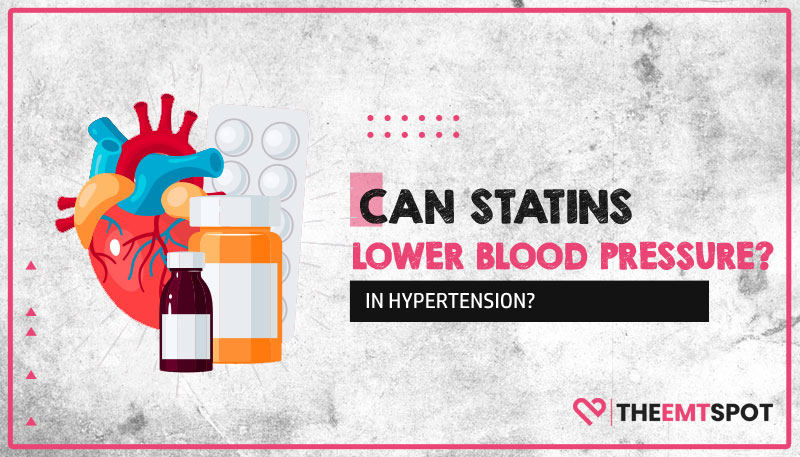
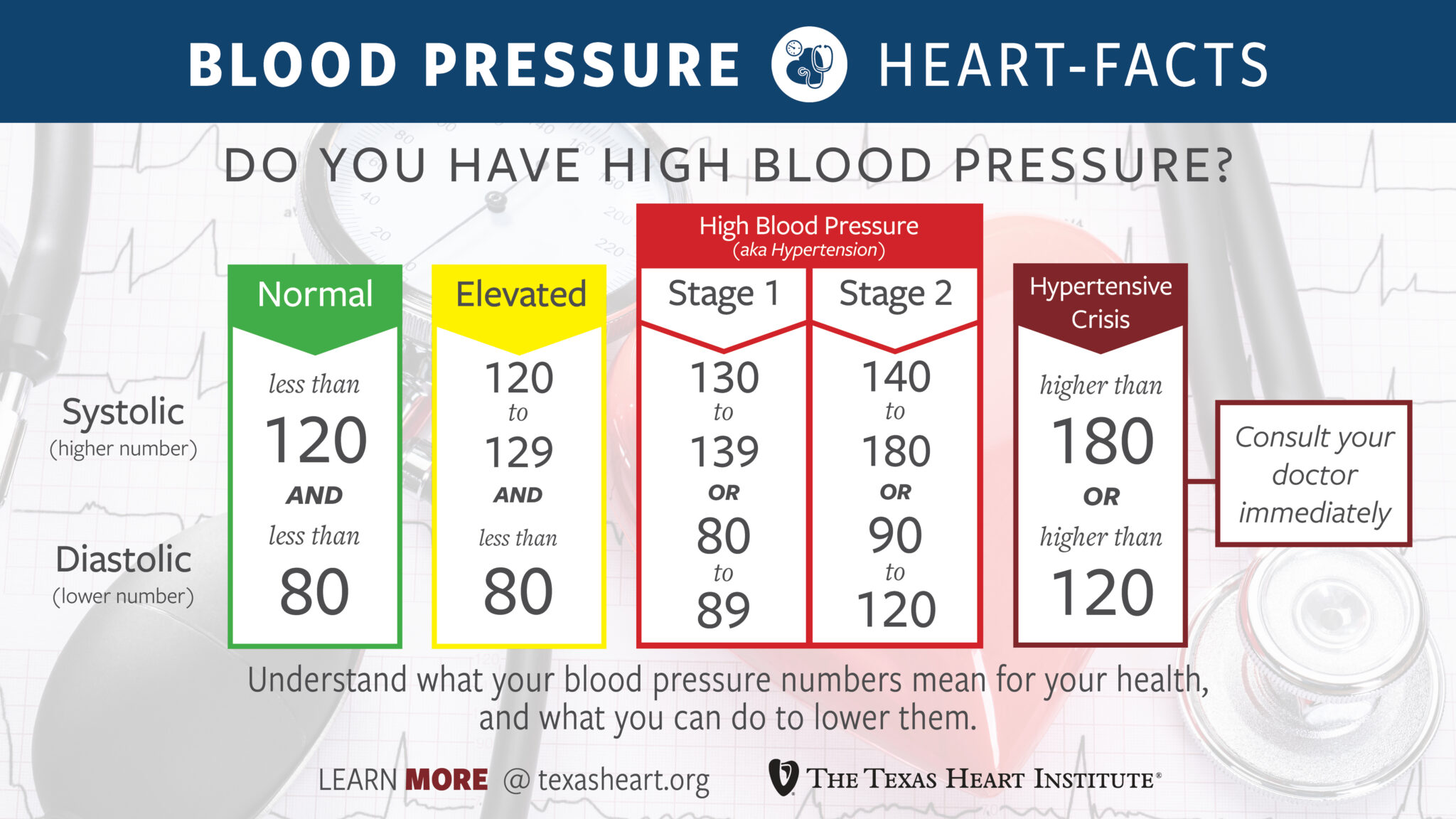

:max_bytes(150000):strip_icc()/blood-pressure-chart-final-6c215c755f9a40f5ad7d7bb4c42b0f89.jpg)

